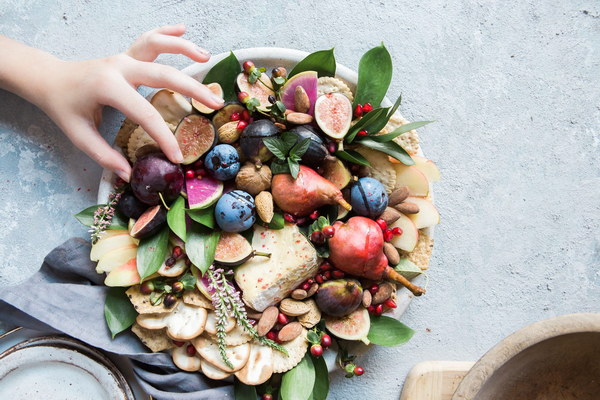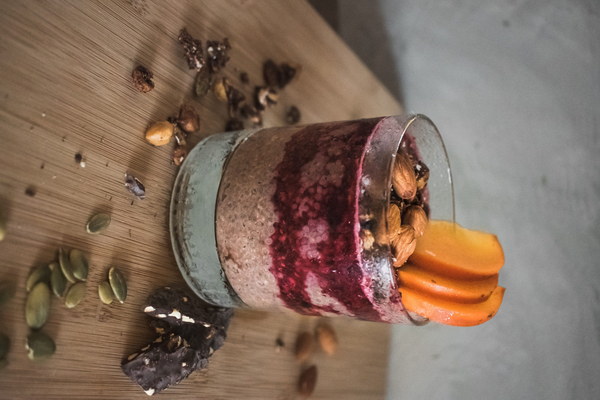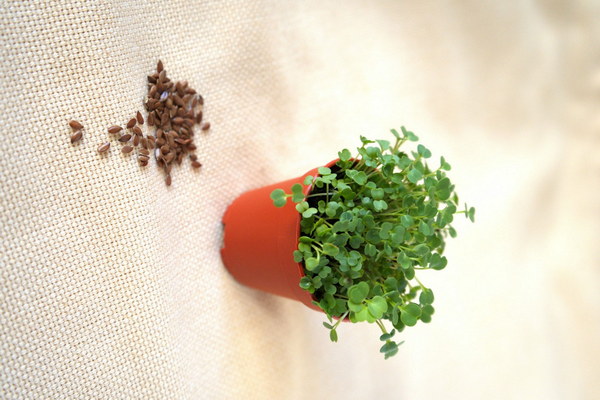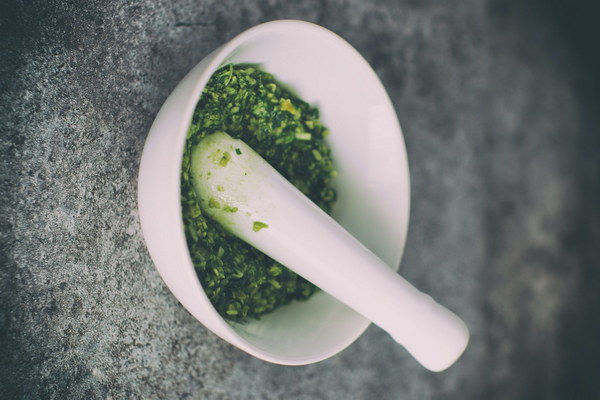Nourishing the Yin and Moisturizing the Lungs A Holistic Approach to Traditional Chinese Medicine
In the realm of traditional Chinese medicine, the concept of nourishing the Yin and moisturizing the lungs holds great significance. This principle is deeply rooted in the belief that the body's balance of Yin and Yang is crucial for maintaining overall health and wellness. When the Yin energy is depleted, it can lead to various health issues, particularly those affecting the respiratory system. In this article, we will explore the importance of nourishing the Yin and moisturizing the lungs, and discuss various methods to achieve this balance.
The Yin aspect of the body refers to its cooling, moist, and nourishing qualities. It is responsible for maintaining the body's internal environment, ensuring that the tissues and organs receive adequate moisture and nutrients. The lungs, being an organ that requires a substantial amount of Yin energy to function properly, are particularly susceptible to imbalances caused by a deficiency in Yin.
One of the primary reasons for Yin deficiency is excessive heat or dryness within the body. This can be caused by various factors, such as chronic stress, exposure to extreme temperatures, or an unhealthy diet. When the Yin is depleted, the lungs may become dry and susceptible to infections, leading to symptoms like dry cough, sore throat, and difficulty breathing.
To nourish the Yin and moisturize the lungs, traditional Chinese medicine offers a comprehensive approach that includes diet, herbal remedies, and lifestyle adjustments. Here are some key strategies to consider:
1. Diet: A diet rich in Yin-nourishing foods can help replenish the body's Yin energy and promote lung health. Some examples of such foods include:
- Root vegetables: carrots, sweet potatoes, and beets
- Leafy greens: spinach, kale, and Swiss chard
- Fruits: pears, peaches, and apples
- Nuts and seeds: almonds, walnuts, and sunflower seeds
- Herbs: ginseng, astragalus, and codonopsis
It is also essential to avoid foods that contribute to heat and dryness, such as spicy foods, caffeine, and alcohol.
2. Herbal Remedies: Traditional Chinese medicine utilizes a variety of herbs to nourish the Yin and moisturize the lungs. Some commonly used herbs include:
- Schisandra (Schisandra chinensis): Known for its adaptogenic properties, schisandra helps to strengthen the immune system and protect the lungs.
- Ophiopogon (Ophiopogon japonicus): This herb is excellent for nourishing the Yin and moistening the lungs, making it an ideal choice for treating dry cough and sore throat.
- Licorice (Glycyrrhiza uralensis): Licorice is often used as a harmonizing herb in Chinese herbal formulas, helping to balance the Yin and Yang of the body.

3. Lifestyle Adjustments: To support the Yin and lung health, it is essential to make certain lifestyle adjustments, such as:
- Regular exercise: Engaging in gentle, low-impact activities like yoga, tai chi, or walking can help improve lung function and promote overall wellness.
- Adequate sleep: Ensuring sufficient rest is crucial for maintaining the body's Yin balance.
- Stress management: Chronic stress can lead to heat and dryness within the body. Techniques such as meditation, deep breathing exercises, and mindfulness can help reduce stress levels.
- Avoiding environmental hazards: Exposure to pollutants and irritants can further strain the lungs. It is important to minimize exposure to secondhand smoke, dust, and other environmental hazards.
By incorporating these strategies, individuals can effectively nourish the Yin and moisturize the lungs, leading to improved respiratory health and overall well-being. It is essential to consult with a qualified practitioner of traditional Chinese medicine to tailor the treatment plan to individual needs and ensure the safe and effective use of herbal remedies.









